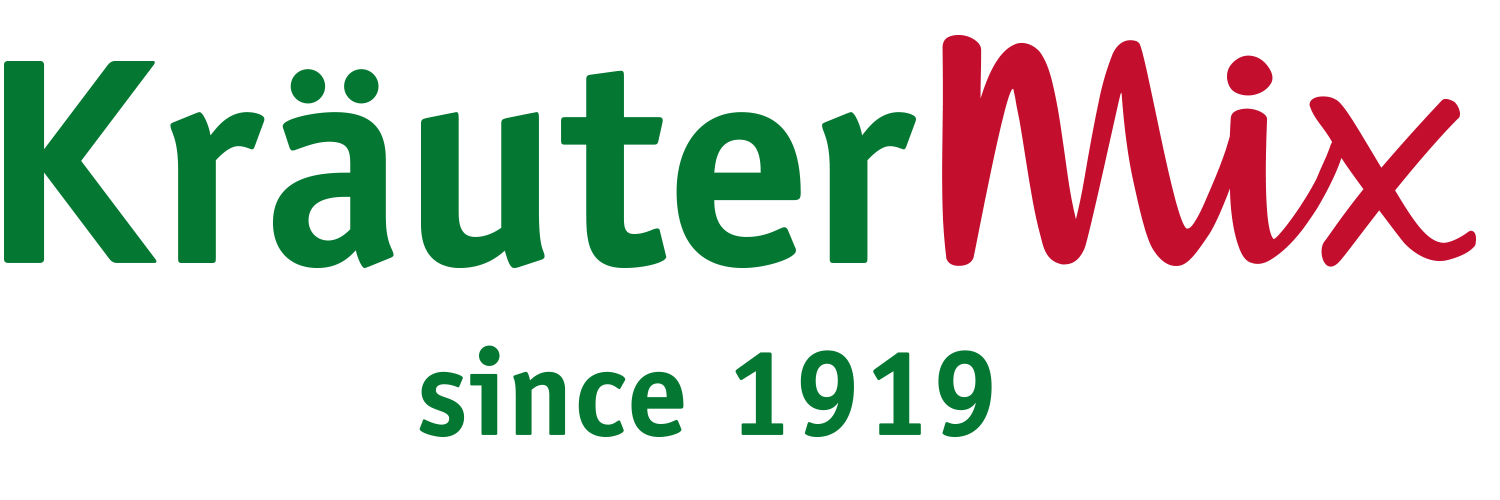Individual spices and blends from Kräuter Mix
October 24 is World Spice Day – a time to celebrate the special ingredients that season and flavor our food in so many different ways. Spices are essential ingredients for preparing delicious meals at home, in mass catering and the restaurant industry, and for the industrial production of countless foodstuffs. The growing trend for healthy eating, including consuming less salt, and the internationalization of food preferences have increased demand worldwide. The raw materials used in spice manufacturing range from aniseed to fennel to turmeric and every other letter of the alphabet. They come from countries the world over, in which spice plants and herbs are cultivated, harvested and dried.
In Germany, the Fachverband der Gewürzindustrie (Professional Association of the Spice Industry) comprises almost 100 members, not least Kräuter Mix as an industrial supplier. The companies process and refine the spices before delivering them ready-to-eat to end consumers in supermarkets or preparing blends for various food industry sectors, such as butchery.
Last year, the spice industry in Germany imported and processed more than 146,000 metric tons of spices. As in previous years, pepper held on to the top spot as the most popular individual spice, followed by paprika. In fact, a total of almost 24,000 tons of pepper and around 17,000 of paprika were imported to Germany for further processing. In a particularly striking market development for the professional body, however, a total of around 36,000 tons of ginger were also imported in 2022, exceeding even pepper! That said, ginger is less frequently used as an individual spice in the classic sense but more usually in teas, smoothies, Asian cooking and spice pastes.
Kräuter Mix offers its industrial customers an extensive range of individual spices and spice blends from both conventional and certified organic production. What’s more, the company is pleased to bring its many decades of experience and expertise to all aspects of the value chain, from sustainable raw material procurement and industrial production and logistics processes to laboratory analysis and quality management.








